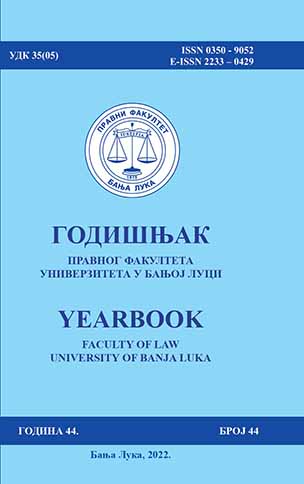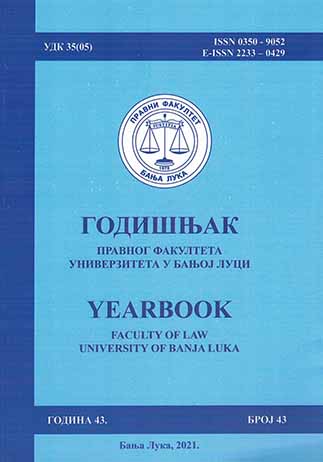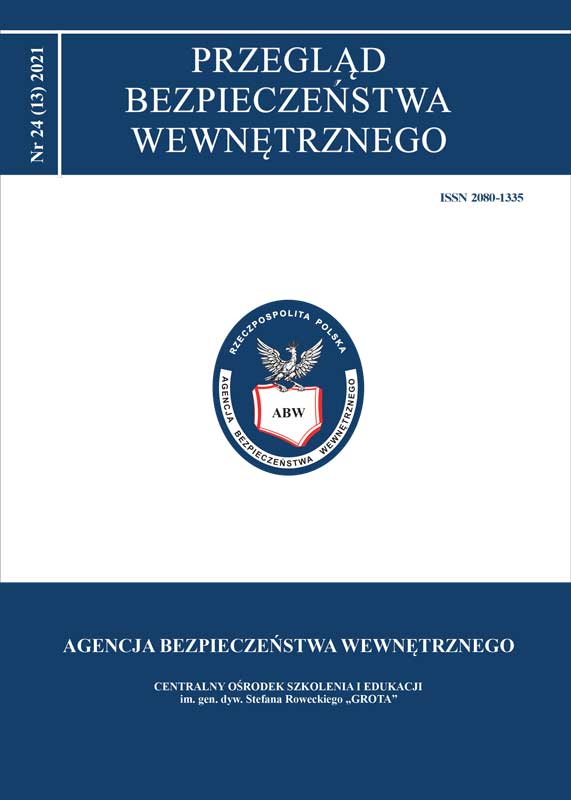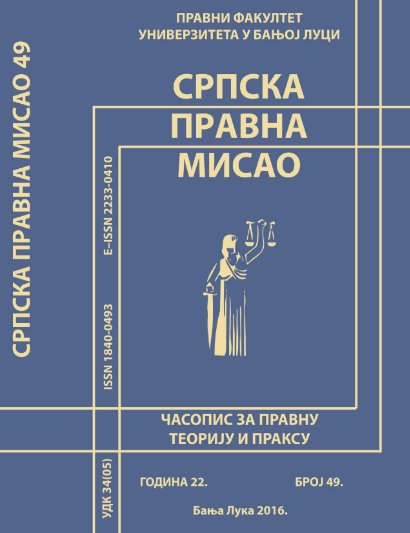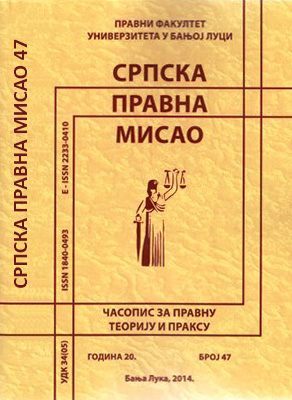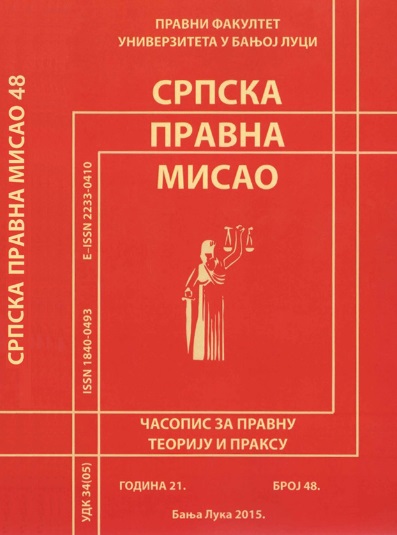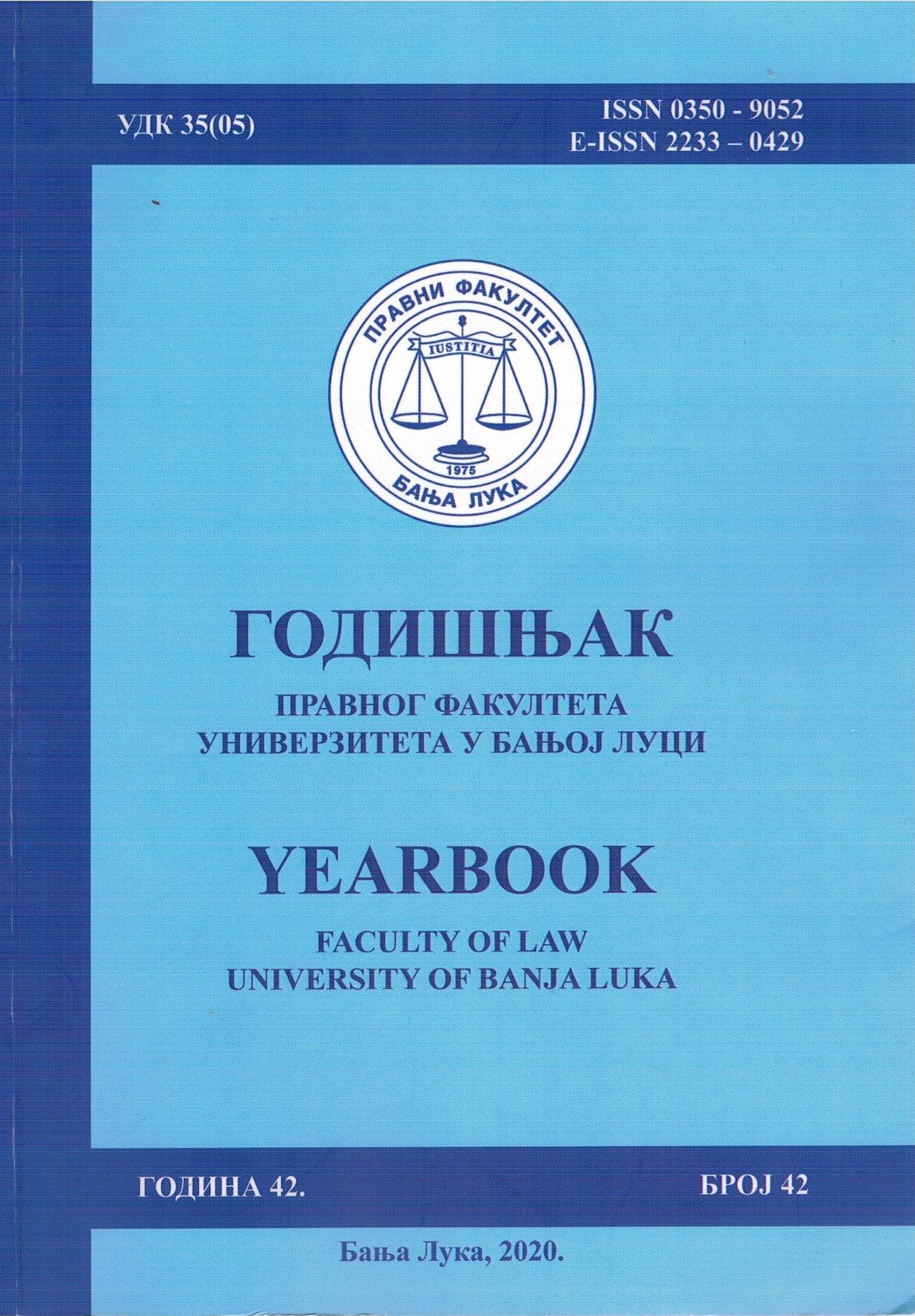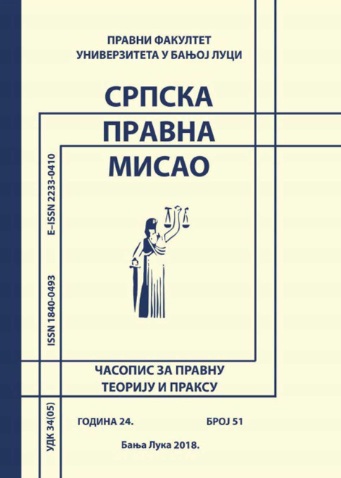
СЛОБОДА ИЗРАЖАВАЊА У ЛЕГИСЛАТИВИ И ПРАКСИ У БИХ
This paper deals with the analysis of normative framework and case-law regarding freedom of expression, defined by Art. 10 of the European Convention on Human Rights and the existing relation between freedom of expression and other rights provided by the Convention in Bosnia and Herzegovina. Related to that, the emphasis is placed on freedom of the media in general, balancing opposite rights mechanisms, defamation, protection of sources, and, as an issue that is getting very important, legal status of whistleblowers.
More...
